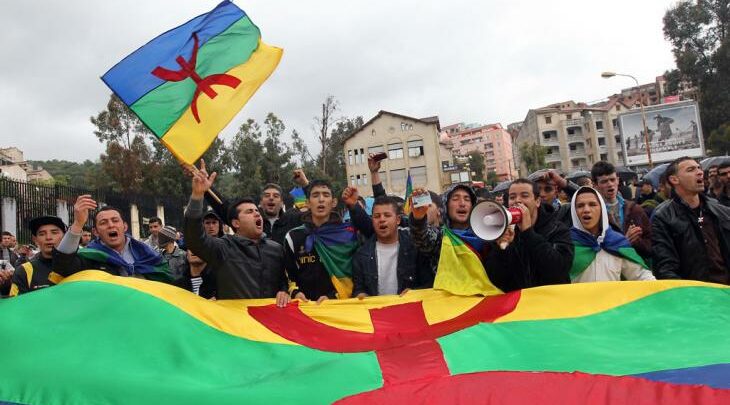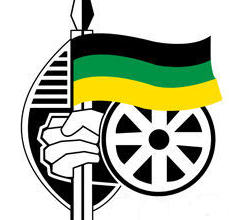World
Algeria Court Jails 21 Protesters For Waving Berber Flags During Protests

An Algerian court on Tuesday sentenced 21 protesters to six months in jail over charges of undermining national unity, reported Reuters.
According to state news agency APS, the court’s verdict also included additional six-month suspended sentences for the protesters, who were arrested for raising a flag symbolizing the country’s Berber minority.
The Berber colored minority flag is banned especially in the Kabylie region east of the capital. During the mass protests that broke out in February, the police arrested some demonstrators who waved the minority flag alongside the national one as the army had imposed a ban on waving of the flag.
The court also delayed issuing verdicts against 20 other protesters facing the same charges, including 11 held under arrest, until Monday, Nov. 18.
President Abdelaziz Bouteflika resigned on April 2 following mounting pressure from the army and mass protests. But, even after Bouteflika’s resignation, the protesters continued with the protests to demand the removal of the ruling elite and the prosecution of people suspected of involvement in corruption.
The army chief of staff, Ahmed Gaed Salah, has pushed for an election to be held next month and has supported the detention of some former ministers and officials on graft charges. But Salah has also warned against raising the Berber flag, saying it is a threat to national unity. The country’s constitution recognizes the Berber language, Amazigh, along with Arabic.
The protesters are rejecting the Dec. 12 presidential election, as they claim the election will not be fair as some of Bouteflika’s old aides, including Interim President Abdelkader Bensalah and Prime Minister Nouredine Bedoui, are still in power.
The army has assured of complete transparency in the December election in which five candidates will run, including two former prime ministers.






